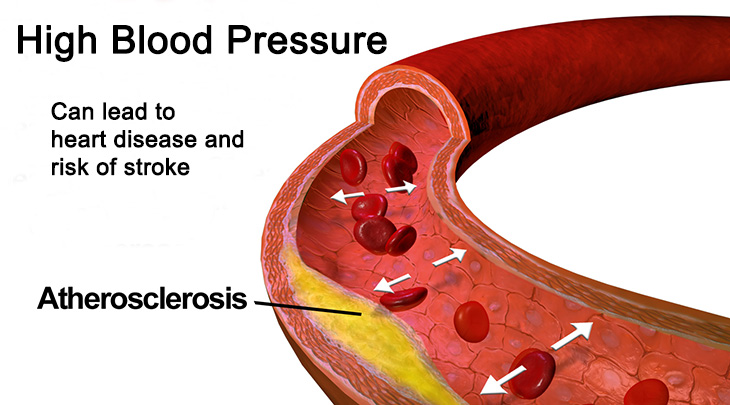High Blood Pressure: Risks, Causes & Prevention
It’s World Hypertension Day -.Are you at risk of developing high blood pressure (hypertension)?
The Heart & Stroke Foundation of Canada says the number one risk factor for stroke, and a major risk factor for heart disease, is high blood pressure.
Generally speaking, if your blood pressure is 120 / 80, you are in the low risk category.
What’s Your Blood Pressure Risk?
| Age And Diabetic Factors |
Systolic / Diastolic Blood Pressure |
Risk Category |
| Under 80 years of age | 121-139 / 80-89 | Medium |
| Under 80 years of age | 140+ / 90 | High |
| Diabetic | 130+ / 80 | High |
| Over 80 years of age | 150 / 80 | High |
High Blood Pressure Causes
Hypertension Canada tells us that the causes of high blood pressure that are out of our control, are age and family history. Sleep apnea, diabetes, and/or kidney disease are causes of high blood pressure that may have genetic factors, but lifestyle (weight/obesity, lack of exercise, unhealthy diet, stress etc.) can also play a significant role in preventing these conditions from developing. Other lifestyle causes of high blood pressure include smoking, alcohol intake, and stress.
Lifestyle Changes to Prevent High Blood Pressure
You can’t do anything about your genetic make-up, but you can positively or negatively influence causes of high blood pressure related to lifestyle. Hypertension Canada suggests the following lifestyle changes to prevent or mitigate high blood pressure:
- Exercise – Be physically active for 30 to 60 minutes most days of the week. (moderate physical activity means you sweat a little and breathe a little harder). Don’t be a couch potato!
- Diet
- Eat a healthy diet and cultivate good eating habits – vegetables & fruit, low-fat milk products, whole grains & lean meats, fish, legumes (beans) and nuts.
- Reduce Sodium Intake
- Do not add salt/sodium to foods prepared at home or at the table.
- Eat a lower salt/sodium diet. Most of the sodium in your diet comes from processed or packaged foods, and restaurant & take-out meals. (Wash canned foods & other salty foods before eating or cooking.)
- Learn to read the sodium content on food labels. Choose packaged foods with 5% or less daily value for sodium.
- Weight – If you are overweight, combine diet and exercise to reduce to a healthy weight or in other words a healthy BMI measurement of 20-25.
- Stress – Manage your stress levels to improve your coping skills and your health. Exercise is a great stress reliever!
- Alcohol – Limit alcohol to 1-2 standard drinks per day or less.
- Smoking – Do not smoke and avoid places where others are smoking.
Check out these Top 12 Healthy Diet Tools & Tips
More About Heart Disease, Heart Attacks, High Blood Pressure/Hypertension, And Strokes
Atrial Fibrillation: Risk Factors
Heart Attack Symptoms (men)
Signs of a Heart Attack For Women
Hormone Therapy for Menopause and Heart Disease
High Blood Pressure: Fish Oil Supplements
Peripheral Artery Disease: Symptoms & Risk Factors
Strokes: Brain Function and Impacts
What to Say to Someone Who’s Had a Stroke
Health Risks for Aging Couch Potatoes
**This article is for informational purposes only and is not intended as expert nutrition advice, nor is it a substitute for professional medical or nutritionist advice, diagnosis, or treatment. Always seek the advice of a qualified physician or nutrition expert with any questions you may have regarding a medical or other health condition. In the event of a medical emergency, call a doctor or 911 immediately. This website does not recommend or endorse any specific tests, physicians, products, procedures, opinions, or other information that may be mentioned on the Site or on other websites it links to. Reliance on any information provided by this website or other websites it links to, is solely at your own risk..**

